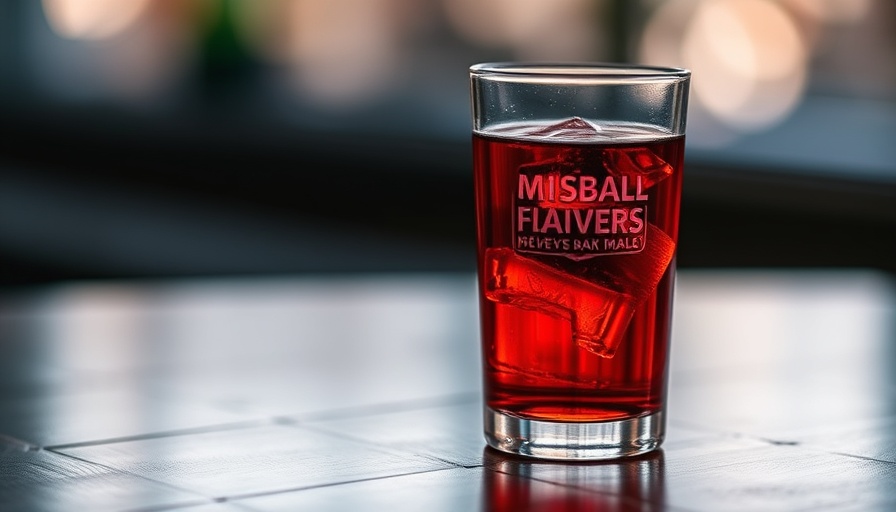
Understanding Changing Alcohol Consumption Trends
Conventional wisdom has long held that alcohol is an integral part of American social culture, but recent findings suggest a significant shift is underway. A Gallup poll has revealed that traditional alcohol consumption is not only declining, but public perceptions surrounding its use are evolving. With 54% of Americans still engaging in alcohol consumption, we are witnessing the lowest drinking rates since 1939, coupled with a growing belief that alcohol is detrimental to health.
Demographic Insights: Who's Drinking Less?
Among the findings, a striking 53% of respondents now consider alcohol usage as harmful to health. Notably, this sentiment is echoed strongly among younger generations, with 66% of individuals in this demographic holding the belief that alcohol is bad for their wellness. This generational shift reflects a broader cultural change, moving away from traditional drinking norms, to a more health-conscious mindset.
Statistical Significance of Reduced Consumption
Further dissecting the trends reveals that among those who drink, consumption habits are also changing dramatically. Only 24% of drinkers reported having consumed alcohol in the past 24 hours, representing a record low for this measure. Additionally, 40% indicated it had been over a week since their last drink, the highest in two decades. This substantial decline in alcohol consumption can be correlated with heightened awareness of health risks and potential legal ramifications stemming from excessive drinking.
What Does This Mean for Concierge Practices?
For concierge medical practice owners, understanding these shifting norms is crucial. As patients become increasingly aware of the implications of alcohol consumption, there is an opportunity for medical practices to provide guidance and preventive care. Education on health risks associated with alcohol use can position your practice as a trusted resource in promoting overall wellness.
Future Implications for Health Providers
As objective studies continue to track these trends, the conversation surrounding alcohol use will likely evolve further. For healthcare providers, it is essential to remain engaged with public sentiment and adapt practices accordingly. This could involve expanding service offerings related to addiction counseling, wellness strategy sessions, or preventive care that discourages unhealthy alcohol consumption.
Closing Thoughts: Embracing the Cultural Shift
The implications of shifting alcohol consumption and perception can significantly impact both public health initiatives and entrepreneurial strategies within the medical field. By staying informed on these evolving discussions and adapting to meet patient needs, concierge practices can secure their position as leaders in the industry. In this light, embrace the changing landscape of alcohol perceptions as an opportunity to enhance patient relationships and promote health-conscious strategies.
 Add Row
Add Row  Add
Add 




Write A Comment